Brand-new CBS-center accelerates the green transition in the energy infrastructure fueled by huge demand
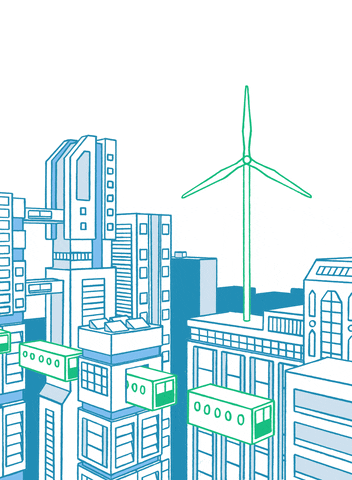
A new ‘green’ center has opened at CBS, prompted by ‘huge demand’ in the European industry and energy sector for new research on energy infrastructure and energy economics. “These research areas have been overlooked, but if we really want to transform our system, economy and society towards a more sustainable world, we must question overarching subjects. And we will,” says Philipp Alexander Ostrowicz, coordinator at CSEI.
A new research center at CBS called the Copenhagen School of Energy Infrastructure (CSEI) conducts research into future European infrastructure from an economic policy perspective. It aims to ensure a successful transition towards a new sustainable European Energy Infrastructure based on volatile and largely renewable energy sources.
In other words, energy economics is one of the main research methods the center employs to achieve new sustainable energy infrastructure in the EU.
Having the European infrastructure as its field of research means that the center must maintain an extensive analytic view of its subject matter, according to the Director of CSEI Tooraj Jamasb.
“We adopt a broad view of energy infrastructure that includes all physical assets involved in the production and delivery of energy services but also the structure, institutions, and actors in the sector,” he says and continues:
“Therefore, we draw from different areas of economic theories, concepts, and tools to analyze purposeful infrastructure development and related areas such as technology and innovation and public acceptance.”
Filling a European energy gap
Although several contributions are already being made at CBS to combat the climate challenges, Senior Research Advisor and Coordinator at CSEI Philipp Alexander Ostrowicz thinks the new research center satisfies the general demand expressed by different European sectors.
“One major reason for opening the center is the huge demand in the industry, the energy sector, from politicians and the EU Commission for new research and knowledge on energy economics in order to move towards more sustainable European energy infrastructure,” he says.
According to Tooraj Jamasb, the demand from different sectors for new research and knowledge on energy economics relates to the rapid developments within the sector itself.
“The pace of change in the energy sector and policy scene constantly gives rise to new technical solutions, possibilities, and issues for which we lack sound economic analyses,” he says and goes on:
“Therefore, our aim at CSEI is to conduct independent academic applied energy-economic and policy analyses. We also aim to provide a neutral platform for forums and discussions among different stakeholders to explore new ideas and solutions for an efficient energy sector and sustainable economy.”
Overarching questions
It can hardly be an exaggeration to say that sustainability has become a buzzword in our time and age. And being a university that, in many ways, reflects the society that surrounds it, CBS also focuses on various sustainability issues.
Yet, according to Philipp Alexander Ostrowicz, asking questions and creating new knowledge about energy infrastructure and energy economics are equally important if you want to change the rapidly developing climate changes.
“Many of the research questions that have been asked in relation to sustainability have concerned corporate sustainability and sustainable accounting, whereas questions about energy infrastructure and energy economics have not been asked to the same degree,” he says.
“But if we want to transform our system, economy and society into a more sustainable world where we can live on the basis of green resources and not destroy our planet, then addressing questions about energy infrastructure and energy economics is equally essential.”
When Philipp Alexander Ostrowicz talks about asking new and overarching questions and creating new knowledge, it could sound as if the CSEI wants to save the planet by conducting new research from scratch. But according to the coordinator, that is not the case.
“When we opened this center, CBS hired a professor of energy economics and a post doc as well as a PhD candidate. They have been working within this field for many years and especially our Director Tooraj Jamasb has a long history of researching energy economics. Therefore, in terms of research, the center bases its work on the previous achievements of these people,” Philipp Alexander Ostrowicz explains.
And since the basis of CSEI’s research is based on Tooraj Jamasb’s former work, he knows just how energy infrastructure and energy economics can contribute towards limiting CO2 emissions in the EU.
“Emissions reductions must be efficient, equitable, and sustainable. Economics and economic analyses are well equipped to facilitate this. And energy infrastructure enables better development and delivery of renewable energy sources through integrating different energy vectors and other sectors,” he says.
A big step in the right direction
It is safe to say that climate changes and the green transition are major societal challenges. Philipp Alexander Ostrowicz acknowledges that. But he still believes these challenges can be overcome – although on a smaller scale.
“CSEI cannot solve all the problems and challenges of the green transition, of course. I mean, the climate changes are major challenges – not only for us at CSEI, but for mankind,” he says and continues:
“But what we can do is contribute new knowledge about energy economics and energy infrastructure, which is desperately needed and can help us move towards more sustainable European energy infrastructure in the future.”
Tooraj Jamasb agrees that a successful green transition entails a multitude of facets that cannot be solved by the work of CSEI alone. But he still thinks that research and knowledge on energy economics is a big step in the right direction.
“The ultimate green transition aims to achieve zero carbon energy and economy. But the green transition will be broader and involve other sustainable practices such as protecting natural resources, improving environmental quality and optimizing waste reduction,” he says and continues:
“But a sound economic framework and analyses can be used to facilitate the transition.”
However, CSEI wishes not only to contribute to the green transition with its research. It also aims to create more awareness of sustainable energy and green economics as climate friendly research fields at CBS, both in education programs and among students.
“The European Commission, politicians and society need people who can research, think and work within this field. So, we hope that CSEI can make an impact on the CBS education programs and create good students and graduates who can help with that,” Philipp Alexander Ostrowicz says.
Research matters
The media constantly confronts us with news stories and debates giving the impression that it is already too late to save the climate. This can question the logic behind creating a new center that aspires to accelerate the green transition with time-consuming research.
“In general, you can always question if research matters. For instance, why conduct research on the history of Vikings when they’re all dead? Well, because it says something about the development of society,” Philipp Alexander Ostrowicz says and continues:
“Research always strives to generate new knowledge in order to solve problems and challenges and can help benefit society. So, if we just conclude that the climate train has left the station and we should therefore make no attempt to save the planet, then we can just end all research.”
Tooraj Jamasb is optimistic when it comes to achieving CSEI’s goals for the green transition, and he has a clear idea of how far the green transition will have reached by 2030.
“By 2030, we will see a broader approach to decarbonizing across the sectors of the economy. We will also witness the emergence of more technical solutions,” he says but acknowledges that there will still be challenges to address then:
“The challenge in 2030, though, will be to develop the right policies, regulatory frameworks, and new business models. These will be important because the twenty years that follow may be more challenging.”



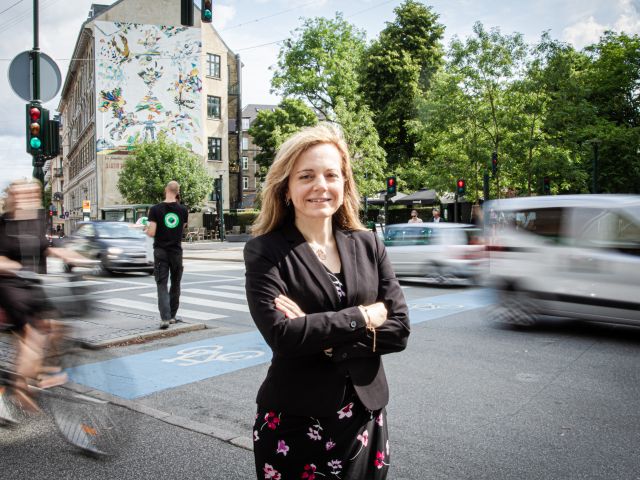


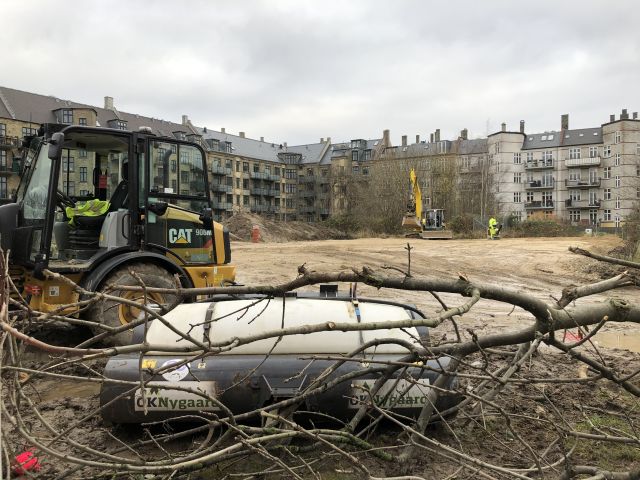
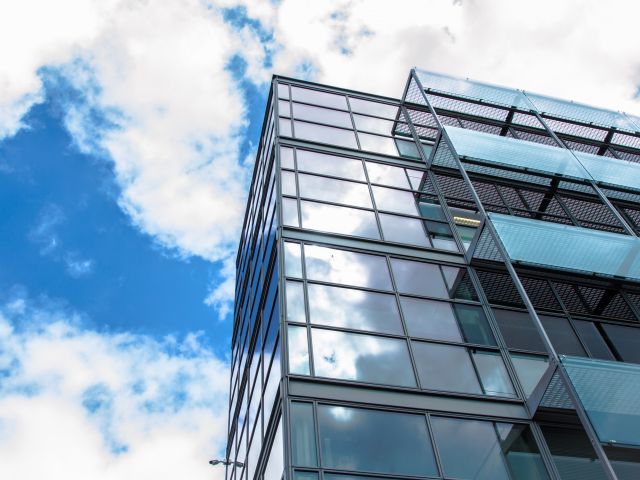
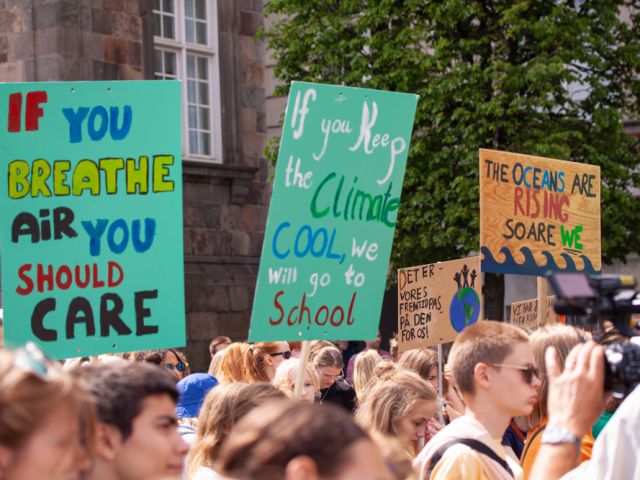

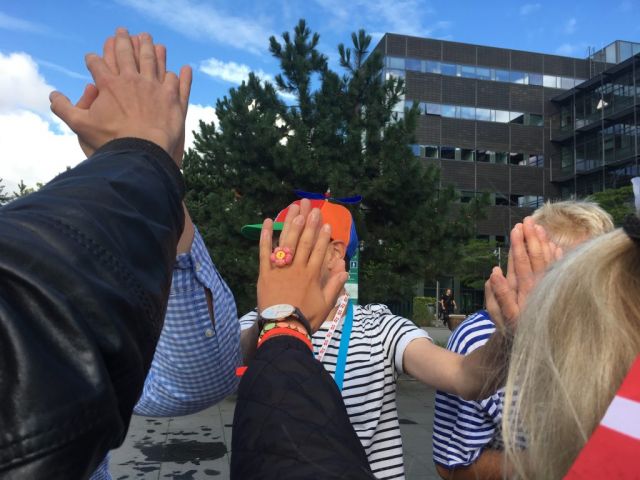




























































































































Comments